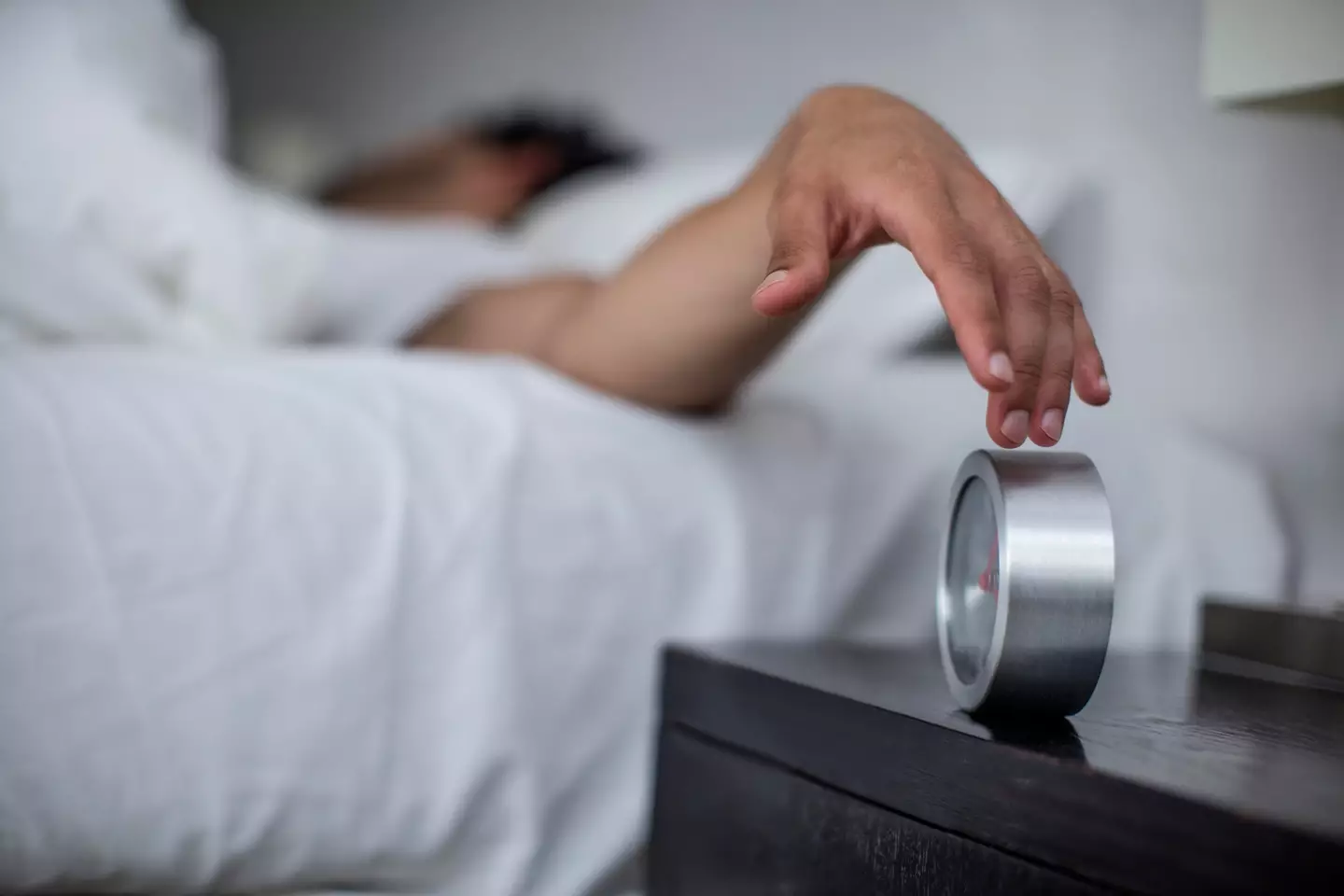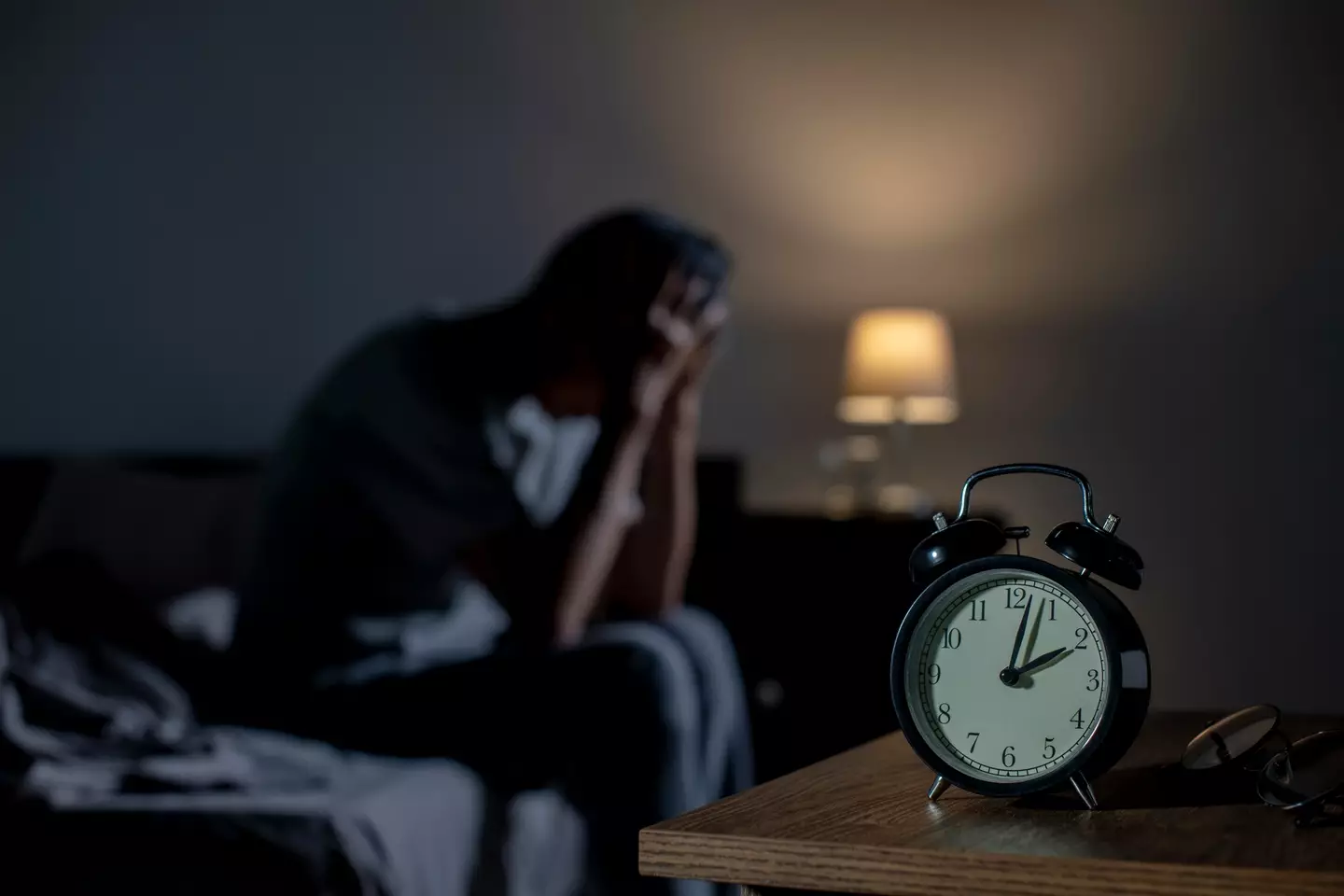
There's nothing more frustrating than getting into bed after a long day at work and not being able to sleep.
But did you know that regularly getting too little sleep actually puts you in 'sleep debt,' potentially leading to a whole host of serious health issues.
What is sleep debt?
Sleep debt is the difference between how much sleep your body needs and how much it actually gets.
Advert
This deficit adds up over time, which means if you regularly get less than the Mayo Clinic-recommended minimum of seven hours of shut-eye per night, you're going to have more sleep debt.
Even losing as little as 30 minutes of sleep for a few days can quickly result in a large deficit.
What happens when you're in sleep debt?
We all know that sleep is important for our health so it should come as no surprise that being in sleep debt can have a seriously negative impact on it.
Not getting enough sleep on a regular basis can lead to mental and/or physical fatigue and can seriously affect your mood.

It also affects your ability to think clearly and makes it more difficult for your brain to process and store new information.
But that's not all.
Those who don't sleep as much as they should are also at a higher risk of developing a number of serious health conditions including high blood pressure, diabetes, various heart diseases and obesity.
How can you avoid sleep debt?
To avoid falling into sleep debt, you first need to determine how much sleep your body needs.
This varies from person to person but most adults need seven to nine hours of sleep per night.

Keep a sleep diary to ensure you get the rest you need and develop a nighttime routine to fully relax your body before you attempt to drift off into dreamland. This can include things such as putting your phone away and dimming the lights 30 minutes before bedtime.
You may also want to reconsider your daytime schedule and see if there's anything you do during the day that may limit your sleep.
If you find something that affects your ability to sleep, try and avoid it.
How do you recover from sleep debt?
If you're already suffering from a lack of sleep, you should try your best to catch up on it.
Taking short naps during the day will help boost your energy and allow you to stay focussed on your daily tasks.

And, you can try and make up for your sleep debt by sleeping in during the weekends.
While this won't reverse the metabolic dysregulation that can come with regular sleep loss, it can certainly help you feel more rested.
Topics: Sleep, Health, Mental Health
